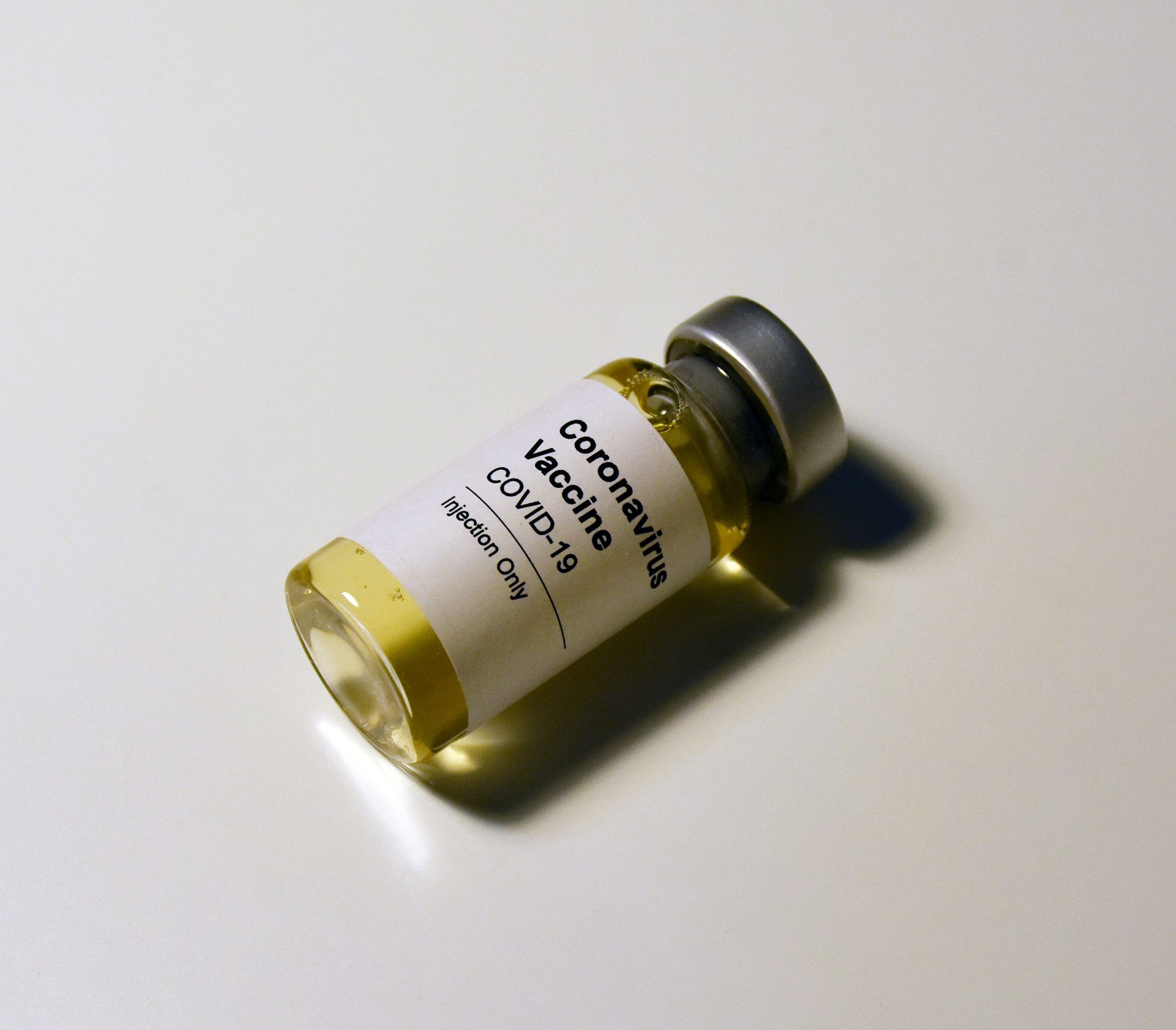We all know the importance of Focus in our daily lives. From basic stuff such as waking up, to solving complex problems, the focus is a thing of great need. Here are some ways you can improve focus:
- Concentrate for 8 Seconds.
These days we’re all about things being faster. That’s why this advice is invaluable: When you need to remember something, concentrate on it for at least 8 seconds. That can seem like a long time when you’re running around trying to get a million things done, but it is worth it. Studies have shown that 8 seconds is the minimum amount of time it takes for a piece of information to go from your short-term memory to your long-term memory.
- Don’t Walk Through a Doorway.
We’ve all walked into a room and suddenly realized we can’t remember why we needed to be there in the first place. Don’t worry, you’re not getting more forgetful—chances are it was the act of walking through a doorway that made you go completely blank. Researchers found that participants in both virtual and real-world studies were far more likely to forget what object they had just placed in a container if they were asked right after walking through a doorway than if they carried the object the same distance in a single room. Scientists have yet to figure out why, but something about entering a new place seems to restart our memory.
- Make a Fist.
If you’re having trouble remembering things at work, get a stress ball. The act of clenching your fist, if done correctly, can significantly improve your ability to recall information. Studies show that if you are right-handed, you should make a fist with your right hand before you try to memorize a piece of information. Then when you need to remember it, clench your left hand (the process is reversed for lefties.) Be sure to hold that position for a little while though; the study that discovered this had the participants squeezing for a good 45 seconds before letting go.
- Exercise.
At this point, we should just accept that science considers exercise the cure for absolutely any problem, and memory is no different. The physical act increases alertness and oxygen supply to the brain, and may even increase cell growth in the parts of your brain responsible for memory. One study found that right after light exercise, women were able to recall things better than they could before working up a sweat. And while a quick jog can help you out right now, it is even more effective over the long term. A different study found that women who kept fit over six months significantly improved both their verbal and spatial memory.
- Sleep.
At some point in high school or college, almost everyone has tried to pull an all-nighter before a big test (or so pop culture would have us believe). But even if you left your cramming until almost the last minute, it is more beneficial to get a good night’s sleep than to study until dawn. Studies have found that the processes your brain goes through while you’re asleep help you remember information better the next day. Your brain is bombarded with stimuli when you’re awake, and it uses the time you are asleep to process everything. That’s when it gets rid of unnecessary information and doubles down on remembering important things, like all that stuff in your biology textbook. Sleep is when it consolidates that information into long-term memory. If you stay awake, your brain can’t go through this process.



